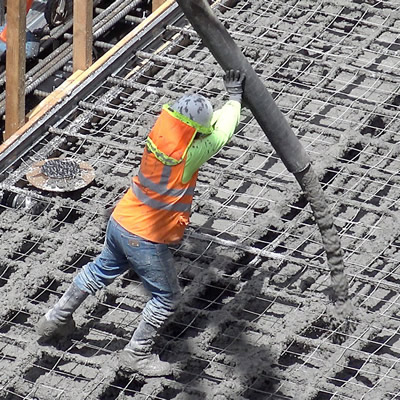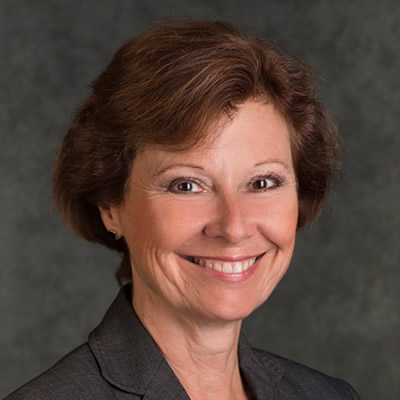Study names alternatives to Site C dam
Clean Energy BC says smaller clean-energy plants could save British Columbians a significant amount of money.

Paul Kariya, executive director of Clean Energy BC, supports spreading risk with a portfolio approach versus a single megaproject. — Photo courtesy Clean Energy BC
BC Hydro’s Site C Clean Energy Project (Site C) is a proposed third dam and hydroelectric generating station on the Peace River in northeast British Columbia. Subject to approvals, BC Hydro said Site C would be a source of clean, renewable and cost-effective electricity in B.C. for more than 100 years. But the Clean Energy Association of BC (Clean Energy BC) has a different solution.
Clean Energy BC is the association of B.C.’s independent power producers; it commissioned an independent study that says smaller clean-energy plants could save British Columbians a significant amount of money relative to the cost of the proposed Site C dam. The study from London Economics International (LEI) finds the savings could come from “right-sizing and right-timing” of clean-energy projects, which would be spread over 70 years, the assumed life of the Site C dam and generating station. The study was released at Clean Energy BC’s annual conference in October.
LEI acknowledges that Site C has a number of strengths, but its report also shows how cost-effective clean energy is a legitimate alternative and an option the provincial government should consider.
Paul Kariya, executive director of Clean Energy BC, said the government needs to have accurate information to make a proper assessment of costs for comparison between Site C and a clean energy portfolio, which is why they commissioned the study.
“Unfortunately, what was tabled by BC Hydro in its EIS (environmental impact statement) for the project did not provide a fair apples-to-apples comparison,” said Kariya. “In London Economics International, after a competitive process, we chose a well-known and experienced consultant who has worked for both utilities and private companies.”
Kariya said there are many benefits to smaller clean-energy projects, which are outlined in the study.
“A clean-energy portfolio can meet the energy and capacity represented by Site C and do so in a cost-effective manner,” he said. “A clean portfolio can be built to meet load incrementally versus a commitment today for a lump of power 10 years from now. A clean portfolio puts the capital risk on the private sector, when the Government of B.C. and BC Hydro need public funds for capital improvements to its system at a rate of $2 billion per year for the foreseeable future.”
The support of First Nations is also an issue. Kariya said Site C and BC Hydro do not have the support of First Nations like the clean-energy sector and a geographically dispersed portfolio do.
“A clean-energy portfolio is the modern way to proceed, spreading risk via portfolio approach versus a single-point megaproject,” he said.
According to Kariya, clean energy is a relatively new sector in the B.C. economy, but its earliest projects are now 20 years old.
“No other natural resource sector works as well as ours with B.C. First Nations and local communities,” said Kariya. “We are part of the fabric of the B.C. economy. Tech improvements and innovations will make us even stronger. We just need on-going fair opportunities to continue to demonstrate our value and values.”




